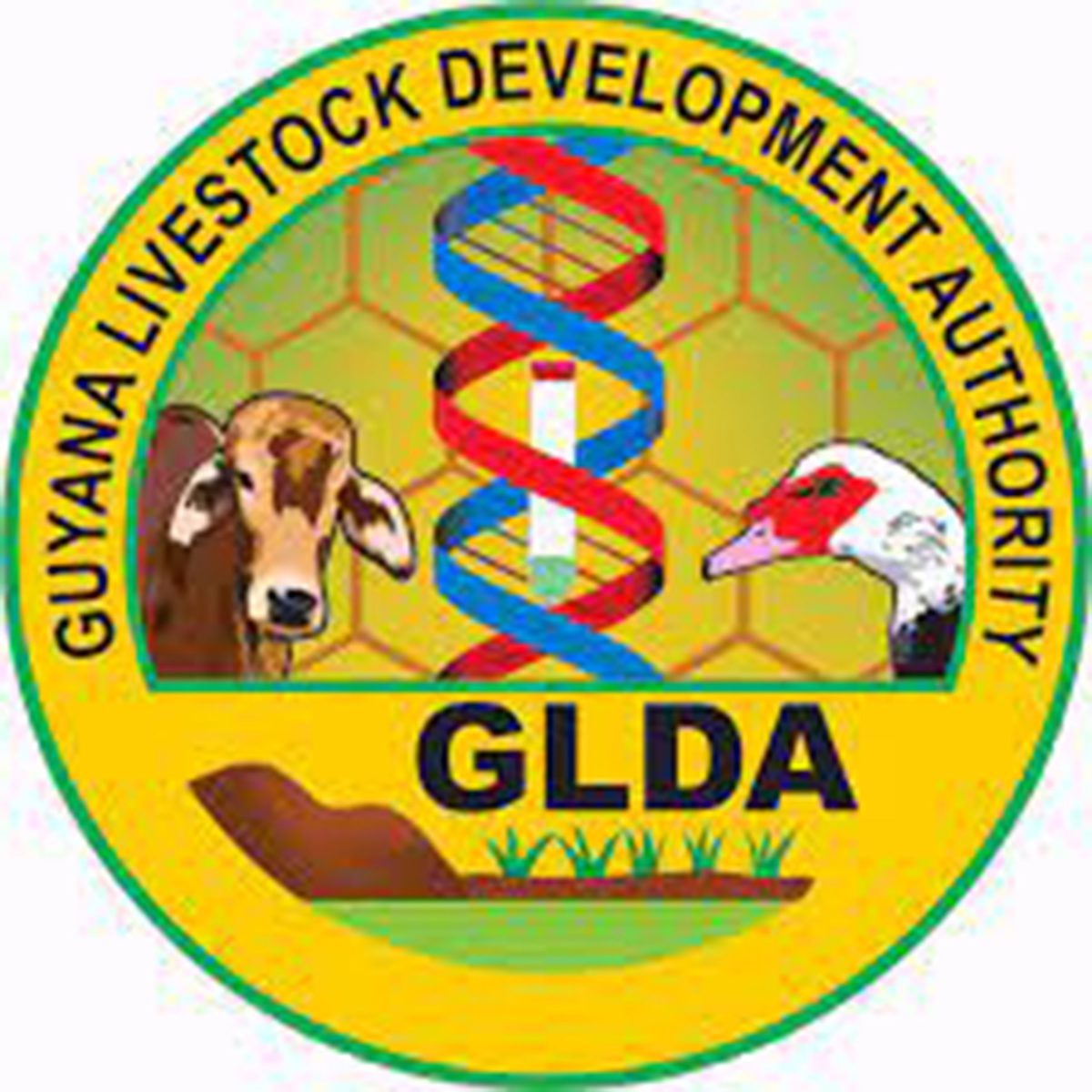In the aftermath of recent bee attacks which resulted in four fatalities, the Guyana Livestock Development Authority (GLDA) has announced that it will soon extend bee removal services to places that are considered residential spaces.
According to a Ministry of Agriculture (MoA) release yesterday, this development was disclosed by Agriculture Minister Zulfikar Mustapha on Tuesday after requests were made to the ministry for the bee service to be extended to persons who have issues with wild swarms in their homes.
“GLDA has always been responsible for removing bees from public spaces and buildings such as churches, parks, schools, and so on. In terms of removing bees from residential areas, we’ve been collaborating with the Guyana Apiculture Society to assist with this service because the association would have members in all ten administrative regions who can handle these reports quickly and effectively. Many persons have been making requests for us to assist with extending this service to residential spaces and we are now working to facilitate this. As a government, we want to ensure all of our citizens are safe and have access to all of our services. This is another incentive that the government is offering to the citizens of this country in a bid to ensure quality services are extended while making sure they are safe,” Mustapha was quoted as saying.
He also disclosed that the GLDA has been tasked with developing a comprehensive plan of action to facilitate those requests and also to determine how the captured bees can be used to expand the agency’s apiary, as Guyana plans to expand its honey production sector.
The release noted that this is the second honey flow season for the year. It pointed out that the geographical spread of these reports included, but was not limited to regions Four and Six.
Further, it has been observed that many communities have what are considered ‘bee-friendly’ environments which contribute to their presence near humans and livestock. Closed and uninhabited buildings, abandoned vehicles, unused agriculture implements, discarded refrigerators, old paint pots, areas overrun with bush, are some examples of places that are havens for the bees. Consequently, the release posited that a multi-stakeholder approach to make the environment safe for residents and livestock will have to be consistently and aggressively undertaken.
The GLDA also issued an advisory, advising persons on what to do should they encounter a wild swarm of bees. Persons are advised not to disturb hives as that may result in the bees launching an attack. Persons are also advised to refrain from making loud noises or any attempts to dislodge or destroy the bees if they notice a swarm nearby. Persons are asked to contact the GLDA on 220-6556-7 for assistance with bee removal.
Donate
Mustapha also said that the MoA will continue to donate hives to Amerindian communities and persons interested in becoming involved in apiculture. GLDA, he said, will be working with the Guyana Apiculture Society on a number of apiary management and production initiatives.
“When the GLDA captures bees, it usually donates some of those hives to Amerindian communities or persons who want to get involved in beekeeping. We have an apiary and we are working to expand that facility. Authentic and quality honey production is also something that the government is working aggressively to promote across the country. We’ve been working with the Guyana Apiculture Society to sensitize persons on how to tell the difference between pure honey and honey that is adulterated. Sometimes persons go to the supermarkets and buy local honey and it is not pure honey. Mixing honey is not something that we want to encourage because it can affect Guyana’s ability to export honey across the region. Now that we are working to tap into more markets and reduce our food import bill, we have to look at all of these things. During the month of October, GLDA will be working with the Society to promote this,” Mustapha explained.
According to the release, ‘adulterated honey’ is any honey (which is made from the nectar of floral exudations of plants gathered and stored in the comb by honey bees), to which has been added honeydew, glucose, dextrose, molasses, sugar, sugar syrup, invert sugar, or any other similar product or products.
Guyana produces approximately 2000 tons of honey annually.
Additionally, the GLDA will, over a period of time, implement its strategic action plan which involves ramping up its surveillance efforts as well as initiating a bee awareness campaign in the short term, working with regional authorities to allocate funds for bee capturing and relocation activities in the medium term, and in the long term, continue with the training of staff, building capacity amongst beekeepers through workshops and seminars in all ten administrative regions, and mapping locations where wild swarms were located or bee removal was done.






